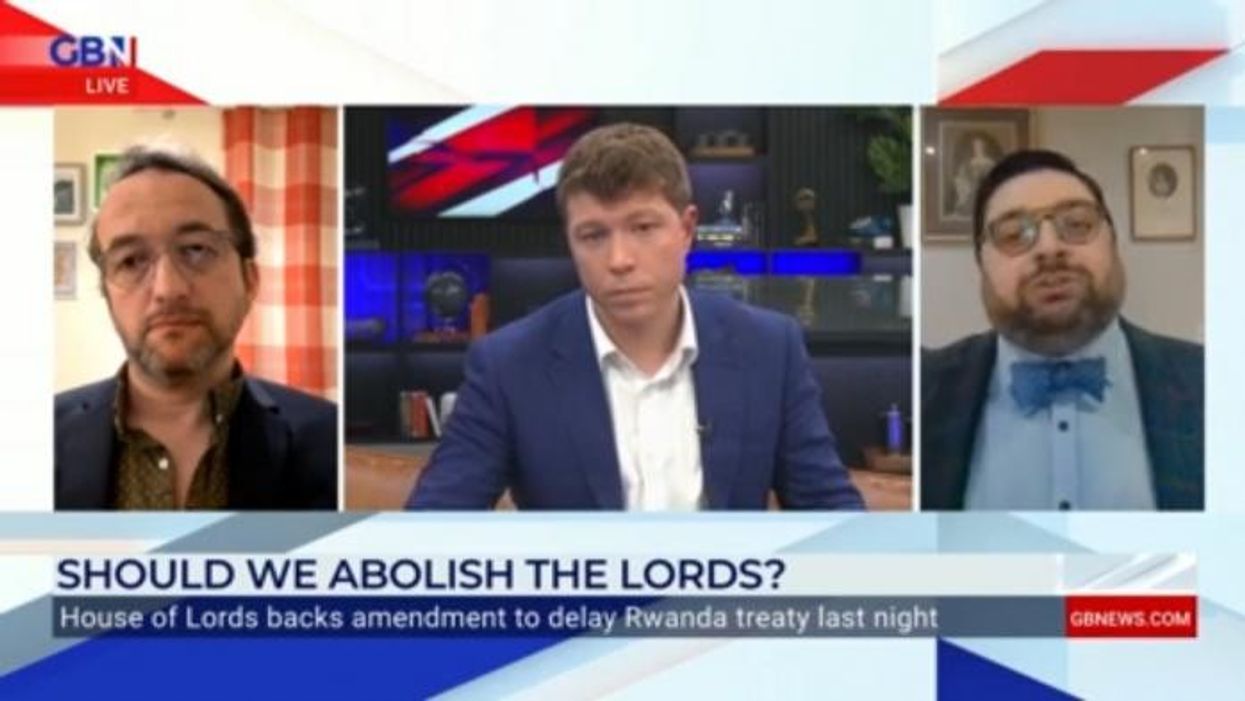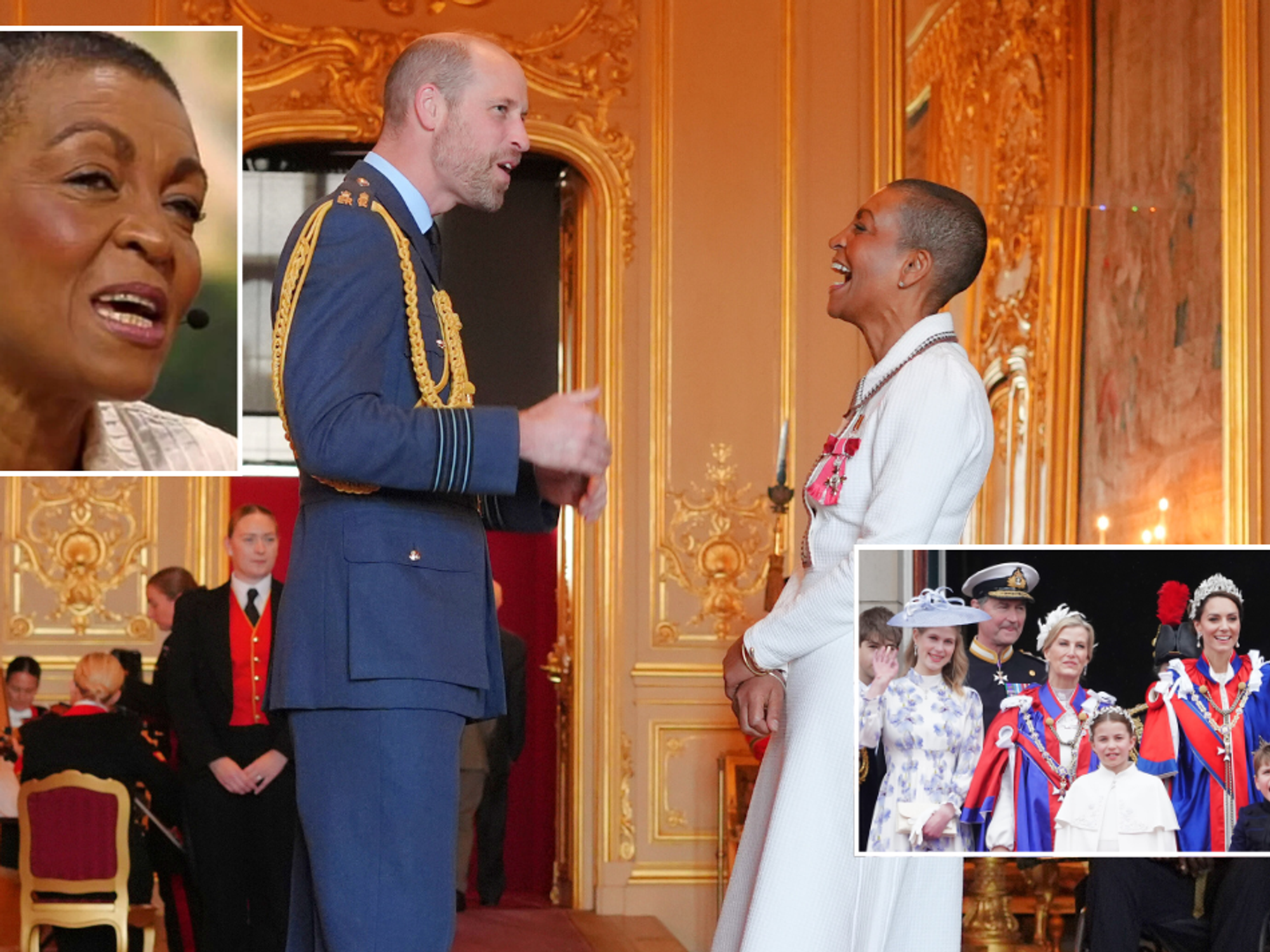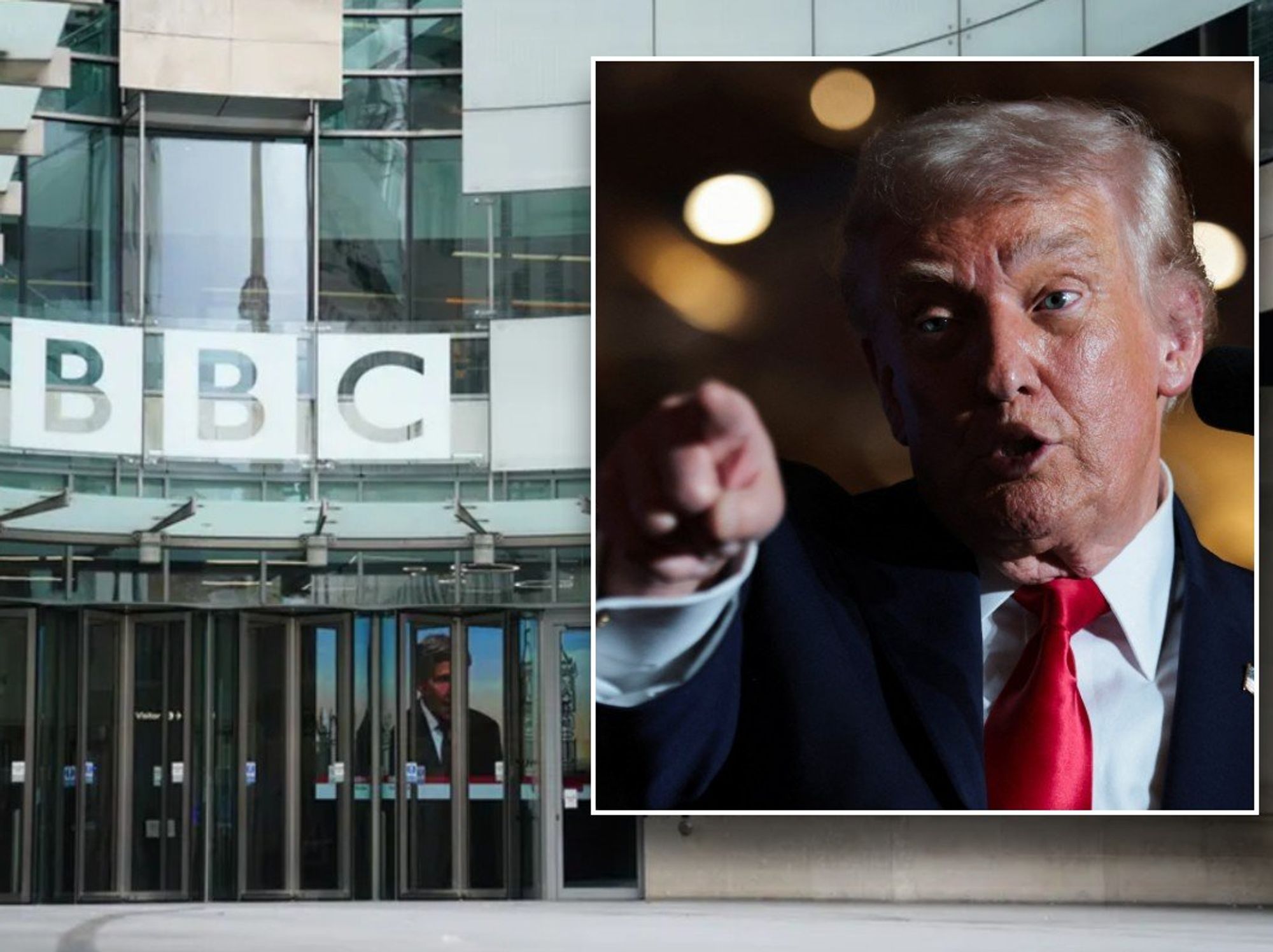Abolishing the House of Lords would be 'flagrant breach of the British constitution'

Nigel Nelson has warned against calls to abolish the House of Lords which has proved very useful in laws around revenge porn, torture and genocide
Don't Miss
Most Read
There are dark threats to abolish the House of Lords if peers attempt to thwart Rishi Sunak’s Rwanda legislation. This would be a flagrant breach of the British constitution.
It is true an Upper House of 820 unelected members sits uncomfortably in a 21st Century Western democracy. But then the first-past-the-post voting system we use for choosing MP’s is not very democratic either.
Crosses put on ballot papers are not of equal value. A Labour voter will not make much difference to the result in a rock solid Tory seat, and the same goes for a Conservative voter in a safe Labour one.
It means that as few as 200,000 swing votes in the most marginal constituencies can determine the outcome of a General Election. Only under proportional representation, or in a referendum, does each vote carry the same weight.
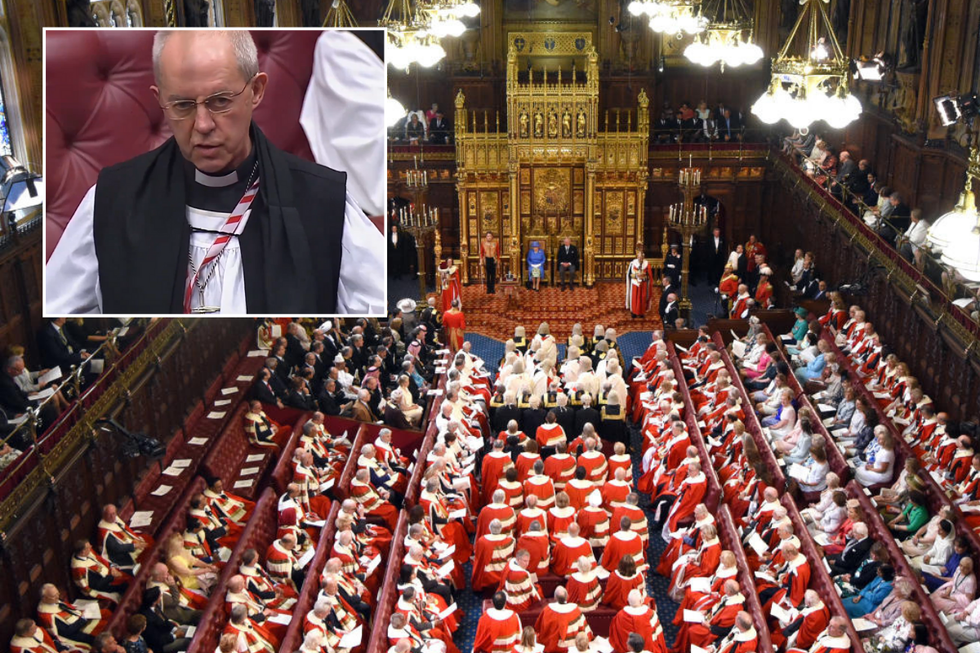
The Archbishop of Canterbury was critical of the Rwanda Bill
|Getty
In 2016 Scotland voted overwhelmingly to stay in the EU by 62 per cent to 38 per cent. So did Northern Ireland by a margin of 56 - 44. But they were outvoted by England and Wales.
Whatever you think of Brexit, that’s pure democracy at work - at least while the United Kingdom remains united.
But the PM does not appear to be a great fan of democracy anyway. He is trying to clip the wings of the Electoral Commission to turn our democratic watchdog into a lapdog.
And the introduction of voter ID threatens to disenfranchise two million people if they turn up to polling stations without the right documents. Significantly, few are likely to be Conservative voters.
What little electoral fraud there is comes from postal votes scooped up by unscrupulous candidates. Voter ID does not address this because whole families can be coerced into signing blank ballot papers they have already received.
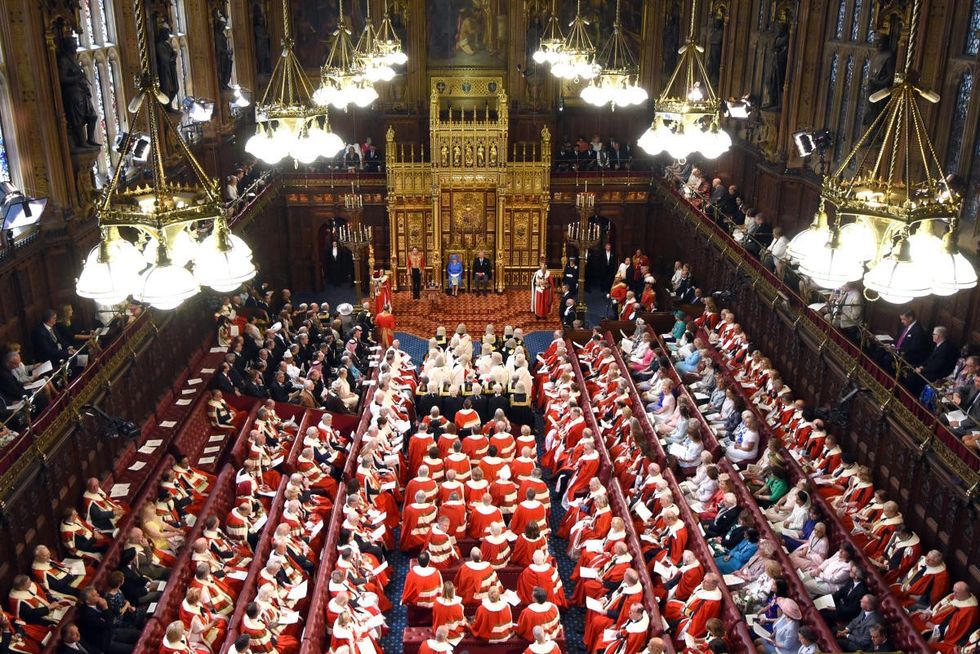
The House of Lords is unelected
|Getty
The rules for overseas donations and expat voting have also been changed to boost Tory fortunes in marginal seats.
There are arguments for the reform of the Lords. But they should not be deployed while it is doing its constitutional duty to scrutinise and revise a specific piece of proposed legislation sent to it by the Commons. That’s just bullying.
That did not stop Tory MP Philip Davies warning in the Sunday Express: “If they go out of their way to block something which is hugely important to the British people, they will only bring further into question the legitimacy of the Lords.”
His colleague Daniel Kawczynski said to do so would “probably be the straw that breaks the camel’s back” and lead to the Lords being tossed into the dustbin of history, while Reform UK leader and GB News presenter Richard Tice added: “They will be signing their abolition warrant.”
Once Tory donors who effectively bought their peerages are stripped out, the Lords contains an expertise and diversity of experience not found in the Commons.
They are people who have reached the top of their professional trees in medicine, law, business, the arts, science, sports, education, the armed forces, diplomacy and public service. Surely their opinions must be worth listening to even if MPs subsequently vote down their advice.
And because peers are not dependent on political party machines they are more able to act independently of government. Mr Sunak doesn’t much like independence either.
The Supreme Court was only created in 2009 to take final appeal judges out of the Lords and away from Parliament. The Rwanda Bill shows Mr Sunak has scant regard for independent British judges.
Thanks to the Lords, laws around revenge porn, torture and genocide were tightened and some post-Brexit legislation tidied up in the 2019-2021 session which the Government accepted were improvements. And that was with 258 Tory peers compared to Labour’s 168.
Labour Lords leader Angela Smith said: “Many Conservative peers see themselves as guardians of the constitution. They believe that you should look at the detail and they want to see good legislation coming out of Downing Street.”
Peers clearly do not think the Rwanda Bill is good legislation. Trying to bludgeon them into submission is not going to change their minds.


